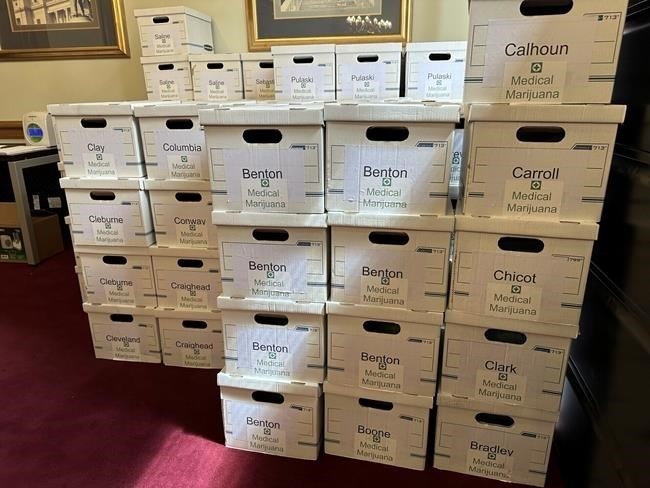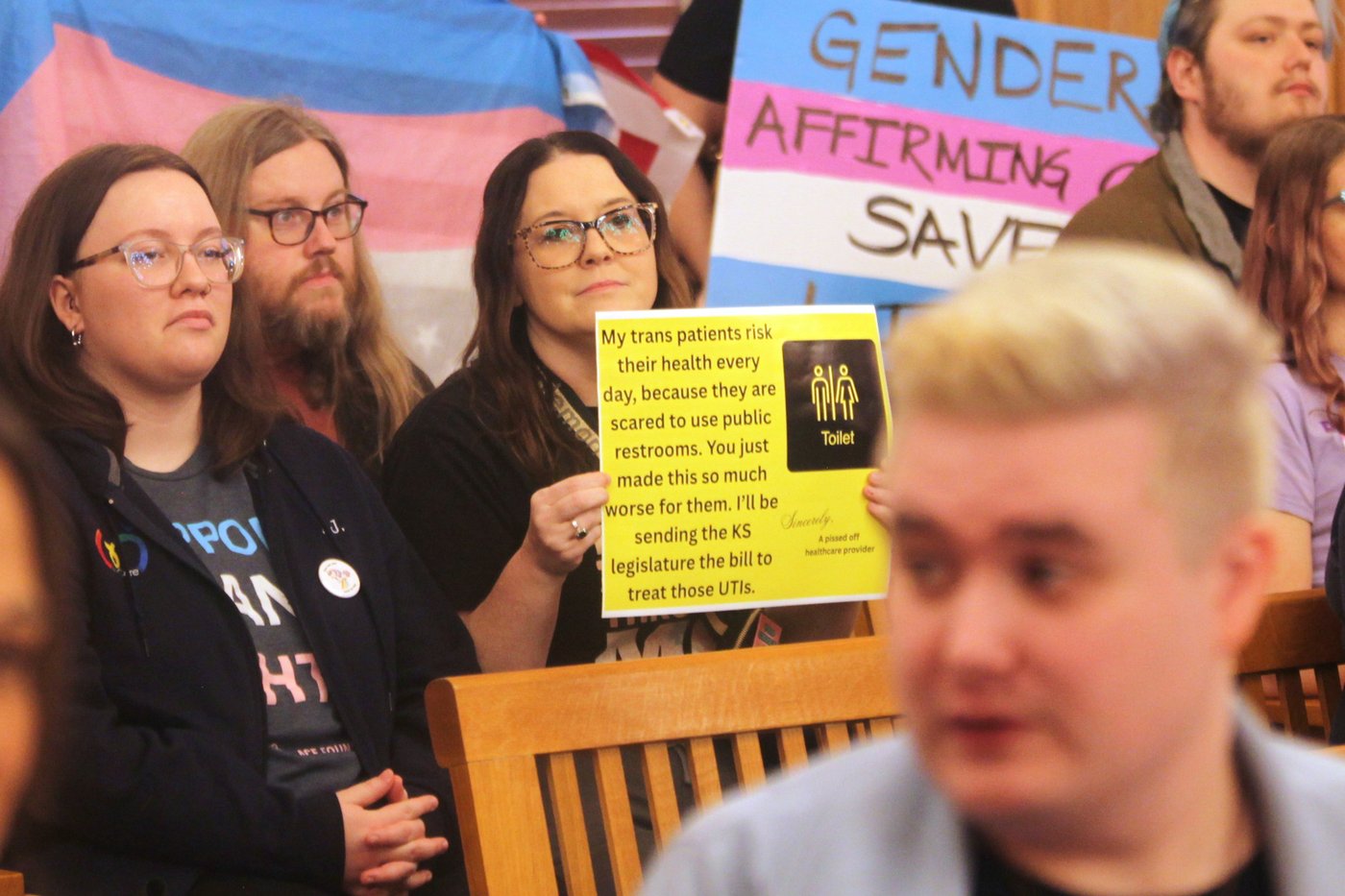Measure to expand medical marijuana in Arkansas won't qualify for the ballot

LITTLE ROCK, Ark. (AP) — An effort to expand Arkansas' medical marijuana program fell short of the required signatures and won't qualify for the November ballot, Secretary of State John Thurston said Monday.
Arkansans for Patient Access, the group behind the measure, said it planned to take legal action to appeal Thurston's decision.
Thurston said in a letter to the measure's sponsor that his office determined that only 88,040 of the signatures submitted by the group were valid, falling short of the 90,704 needed from registered voters to qualify for the ballot.
The medical marijuana proposal was aimed at expanding a measure that the state’s voters approved in 2016. It would have broadened the definition of medical professionals who can certify patients for medical cannabis, expanded qualifying conditions and made medical cannabis cards valid for three years.
Arkansans for Patient Access submitted more than 150,000 signatures in favor of the proposed amendment. The state told the group in July it had fallen short of the required number, but had qualified for an additional 30 days to circulate petitions.
The group said rejecting 20,000 of its signatures was due to an “arbitrary,” last-minute rule change.
“The overwhelming support shown through the petition process proves that Arkansans want the opportunity to vote on expanded medical marijuana access,” the group said in a statement. “Arkansans for Patient Access will continue to fight for their right to make that decision at the ballot box this November.”
The proposal’s rejection comes weeks after the state Supreme Court blocked a ballot measure that would have scaled back the state’s abortion ban.
The Family Council Action Committee, an opponent of the marijuana measure, praised Thurston for rejecting the signatures but said it expected the final decision would come from the state Supreme Court.
“A measure this bad simply has no business being on the ballot,” Family Council Executive Director Jerry Cox said in a statement.
About half of U.S. states allow recreational marijuana and a dozen more have legalized medical marijuana. Those numbers could grow after the November election. Voters in Florida, North Dakota and South Dakota will decide whether to legalize recreational marijuana for adults, and two medical marijuana proposals will be on Nebraska's ballot.



